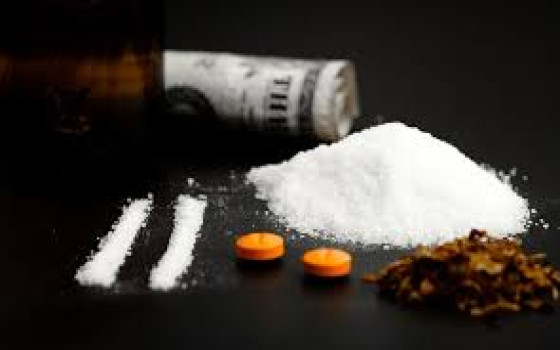
UN: Deadly spread of synthetic drugs could have dire consequences for humanity

- Europe and Arabs
- Wednesday , 5 March 2025 12:25 PM GMT
New York: Europe and the Arabs
The International Narcotics Control Board warned that the rapid spread of illicit synthetic drugs poses a major global threat to public health that could have dire consequences for humanity.
This came in the Board’s annual report for 2024, which was issued yesterday, Tuesday, which concluded that the spread of synthetic drugs is reshaping illicit drug markets and that criminal entities are quick to exploit regulatory loopholes and generate new synthetic substances that pose significant harm to people. According to the United Nations daily news bulletin, a copy of which we received on Wednesday morning,
The head of the Board, Dr. Jalal Tawfiq, said that “non-medical synthetic drug use and related drug use disorders have become a deadly problem that leads to hundreds of thousands of deaths and indescribable harm to individuals and society.”
He added that there is an “urgent need” to intensify efforts in the areas of prevention, treatment, rehabilitation, harm reduction, recovery and social reintegration in order to protect people from these extremely harmful substances.
A moving target
The report warned that synthetic drugs can be much more potent than plant-based drugs, and that they cause hundreds of thousands of overdose deaths each year.
It explained that these drugs are easily manufactured and trafficked with little technical or scientific knowledge required, and there is less need for labor or land for cultivation than plant-based drugs. Manufacturing can take place anywhere and use the same equipment for different synthetic products. Traffickers can change manufacturing, transportation and marketing methods to keep operating costs low while increasing profit margins and reducing the risks of prohibition.
The head of the International Narcotics Control Board said that “with rapidly emerging substances being used to manufacture synthetic drugs illicitly, they are a constantly moving target, and criminal actors stay ahead of regulatory mechanisms and often act faster than law enforcement agencies can keep up.”
The report also pointed to the additional growing risks of synthetic drugs to safety and public health threats due to dangerous manufacturing and trafficking operations, as well as the dumping of chemical waste that can lead to environmental damage.
Initiatives to combat synthetic drugs
The report explained that a series of initiatives developed by the Board help Member States respond to the growing trafficking in synthetic drugs and the increased manufacturing and trafficking of precursor and primary precursor materials used in the illicit manufacture of synthetic drugs.
The Board’s various communication platforms and tools enable exporting and importing governments to determine the legitimacy or illicitness of suspicious shipments of controlled substances, precursors, primary and pivotal precursors and manufacturing equipment.
It also allows Member States to exchange operational intelligence on the trafficking of non-medical synthetic opioids and precursor chemicals and related illicit enterprises.
Painkillers
The report showed that unequal access to opioid analgesics, such as morphine, and their lack of availability at affordable prices is a persistent problem.
According to the report, unequal access to these medicines is a particular problem in East and Southeast Asia, Central America and the Caribbean and Africa, where consumption levels are insufficient to adequately meet the medical needs of the population. South Asia remains the region with the lowest levels of licit consumption of opioid analgesics in the world.
To make pain medications more widely available and affordable, especially in low- and middle-income countries, the International Narcotics Control Board called on opioid-producing countries to increase manufacturing.
Seriously affected in Africa
The report predicted that the synthetic drug market in Europe would expand due to the impending shortage of heroin supplies following the 2022 ban on opium poppy cultivation in Afghanistan by the de facto authorities.
The report noted that the manufacture, trafficking and consumption of amphetamine-type stimulants is accelerating in the Middle East and Africa, where there are limited drug treatment and rehabilitation programmes.
It added that Africa remains seriously affected by drug trafficking, with evidence of increased cocaine use and related harm in African countries, possibly as a side effect of the transit of cocaine destined for Europe.
It also explained that drug trafficking is hampering development in Central America and the Caribbean, while the opioid crisis remains a serious challenge for countries in North America.




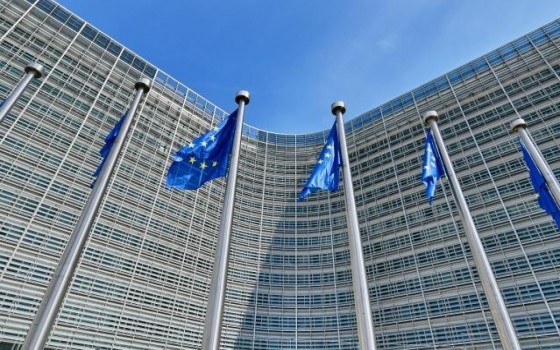
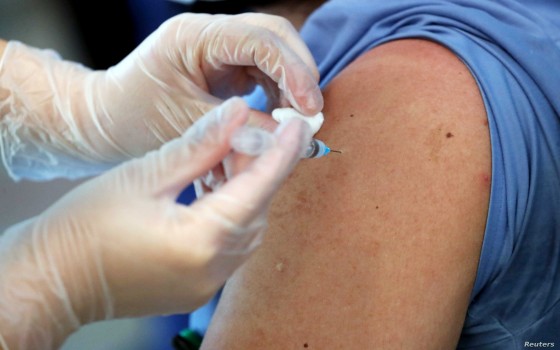
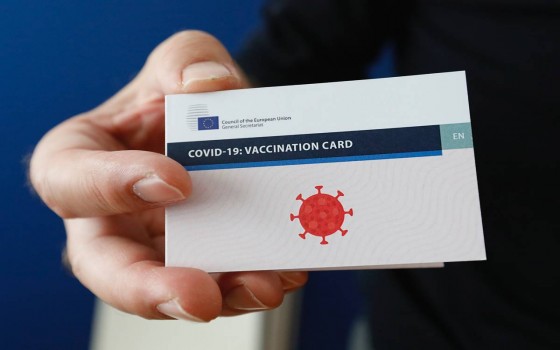


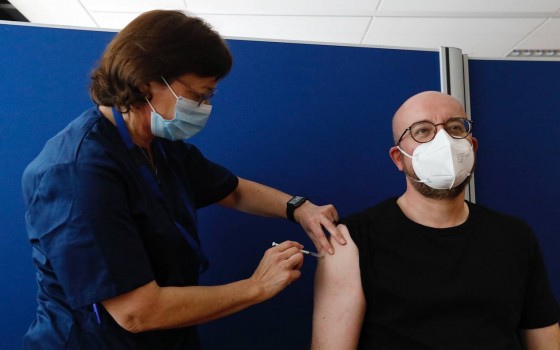


No Comments Found